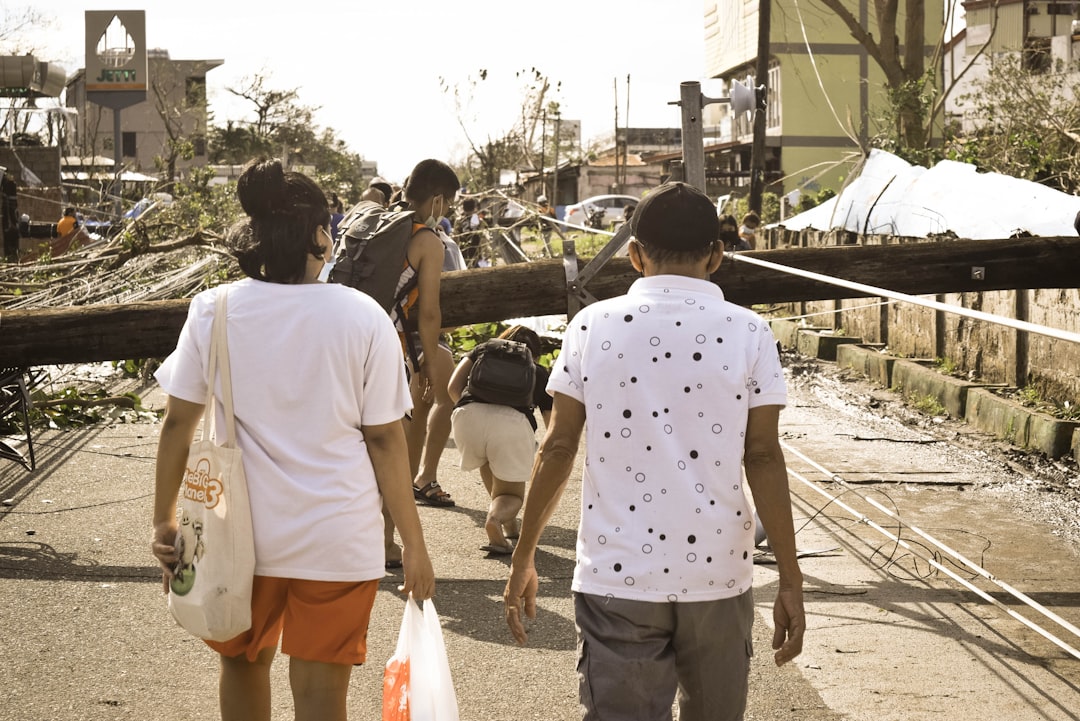In a post-apocalyptic world, survival is the top priority. With resources scarce and danger lurking around every corner, people will do whatever it takes to stay alive. This often includes plundering or looting abandoned buildings and homes for supplies. But is this ethical? In this article, we will explore the ethics of plundering in the apocalypse and discuss the potential consequences of this survival tactic.
The Necessity of Plundering in Apocalypse
Scarcity of Resources
In a post-apocalyptic world, resources are scarce. Food, water, and medical supplies are in high demand and low supply. Plundering abandoned buildings and homes is often the only way to obtain these necessary resources. Without them, survival becomes even more difficult.
Survival of the Fittest
In a world where the rules of society have collapsed, it becomes a survival of the fittest. Those who are able to find and secure resources are more likely to survive. Plundering is a way to level the playing field and give oneself a better chance at survival.
Desperation
In desperate times, people may resort to desperate measures. When faced with starvation or illness, plundering may seem like the only option. It is a matter of survival, and in these extreme circumstances, ethical considerations may take a backseat to the need to survive.
The Ethics of Plundering
Violation of Property Rights
One of the main ethical concerns with plundering is the violation of property rights. In a society where property ownership is respected, taking items from someone else’s home or building without their permission is considered theft. This is no different in the apocalypse, and some may argue that it is even more egregious as there is no longer a functioning legal system to protect property rights.
Disrespect for the Dead
Plundering also raises ethical concerns about disrespect for the dead. In a post-apocalyptic world, many buildings and homes may be abandoned due to the death of their owners. Plundering these places can be seen as a violation of the deceased’s final resting place and a lack of respect for their memory.
Potential for Violence
Plundering can also lead to violence. In a world where resources are scarce, people may become territorial and protective of their belongings. This can result in confrontations and even physical altercations between those who are trying to plunder and those who are trying to protect their property. This violence can have serious consequences and further deteriorate the already fragile state of society.
The Consequences of Plundering
Repercussions from Other Survivors
Plundering can have serious repercussions for other survivors. If someone catches you in the act, they may retaliate or report you to others in the community. This can lead to a loss of trust and potentially put you in danger.
Legal Consequences
In a post-apocalyptic world, there is no longer a functioning legal system to enforce laws and punish criminals. However, if society begins to rebuild and establish new laws, plundering may be considered a crime and could result in legal consequences.
Moral Dilemmas
Plundering can also have a significant impact on one’s moral compass. In a world where survival is the top priority, people may be forced to make difficult decisions and compromise their morals in order to stay alive. This can have long-lasting effects on a person’s psyche and sense of self.
Alternatives to Plundering
Bartering and Trading
Instead of plundering, survivors can engage in bartering and trading with others in the community. This allows for the exchange of goods and services without resorting to theft. It also promotes a sense of community and cooperation rather than competition and violence.
Scavenging
Scavenging is another alternative to plundering. Instead of taking items from someone else’s property, survivors can search for abandoned buildings and homes that have not yet been plundered. This allows for the acquisition of necessary resources without violating property rights.
Sustainable Living
In a post-apocalyptic world, resources are scarce, and it is important to use them wisely. Sustainable living practices, such as growing your own food and conserving resources, can help reduce the need for plundering and promote a more ethical way of survival.
Conclusion
Plundering in the apocalypse is a complex ethical issue. While it may be necessary for survival, it also raises concerns about property rights, disrespect for the dead, and potential violence. As society rebuilds, it is important to consider the consequences of plundering and explore alternative methods of survival. By working together and promoting sustainable living practices, we can create a more ethical and sustainable post-apocalyptic world.
For more information, visit: Tech Me Life






